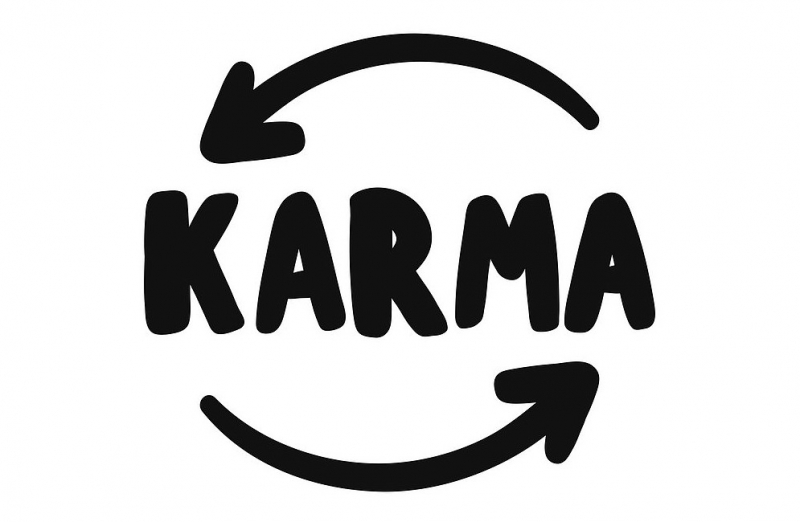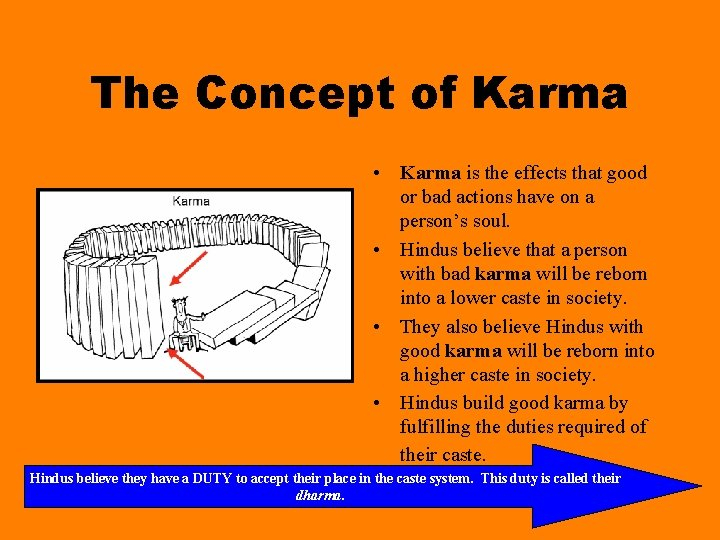Hindus believe in Karma

The simplest definition of karma is an action, work, or deed. It may also be referred to as the principle that says an individual's present actions and intentions affect their future. Numerous religions and cultures around the world have the view that one's good acts and actions result in good karma and happiness while one's negative actions and bad deeds result in future pain and bad karma. Ancient India gave rise to the idea of karma, which is also held to be true in Buddhism, Sikhism, Jainism, and Taoism.
Hindus, particularly those from India and Nepal, have a different understanding of karma. In Hinduism, the concept of karma refers to the idea that all consciousness is governed by the universal law of action and reaction, or cause and effect. Many Hindus think that we have the power to shape our own fates through our free will. According to Hindu lore, if we encourage goodness, we shall receive goodness in return, and if we encourage evil, we will receive evil in return. The Hindu Vedas are a collection of lengthy books that date back to ancient India. They are the oldest works in the Sanskrit language and are considered to be the writings of Brahma, one of the Trinity of Gods.
The idea of rebirth and transmigration, as well as the related belief in karma, are commonly accepted by Hindus. Samsara, the term for the entire cycle of rebirth, includes lives marked by ongoing serial attachments and is cyclical with no discernible beginning or conclusion. Desire- and appetite-driven actions tie the soul (jiva) to a never-ending cycle of births and deaths. Any social encounter that involves want is motivated by desire (especially when it involves sex or food), which causes an exchange of good and bad karma.














